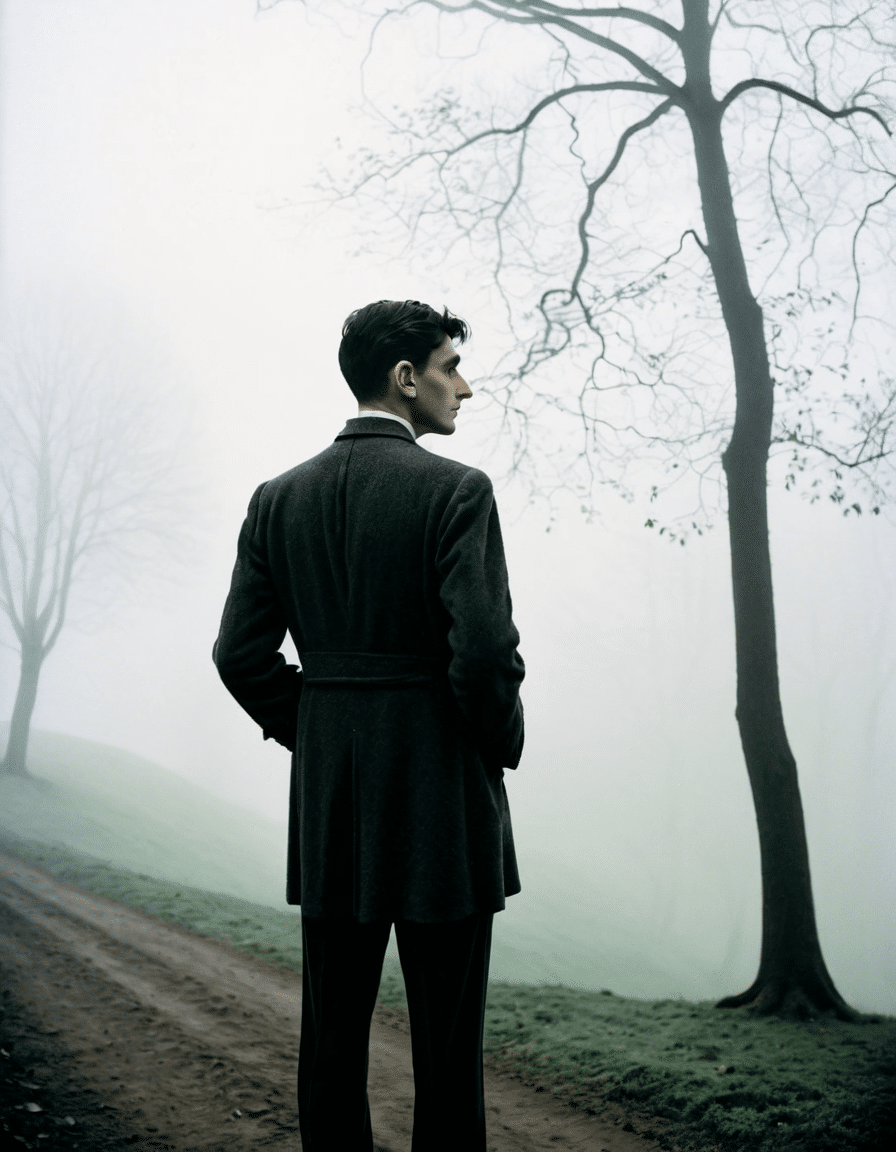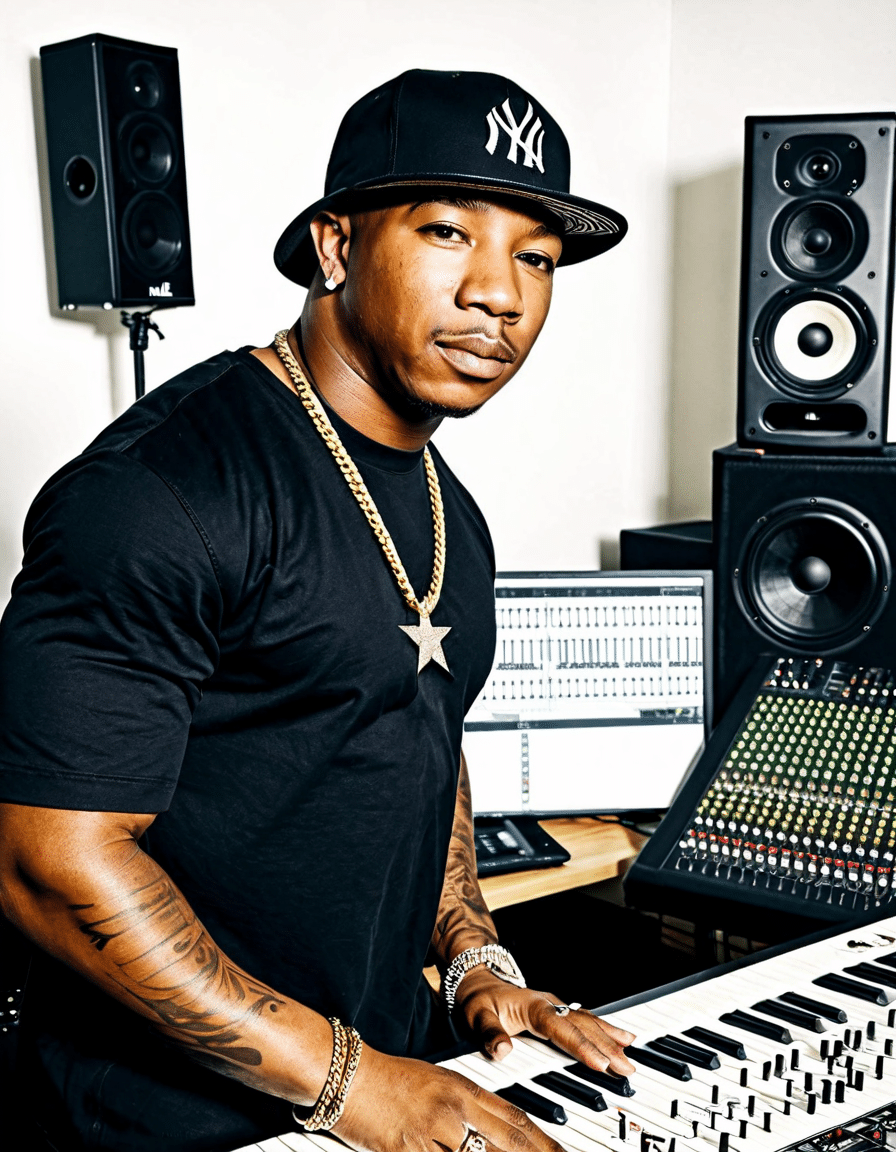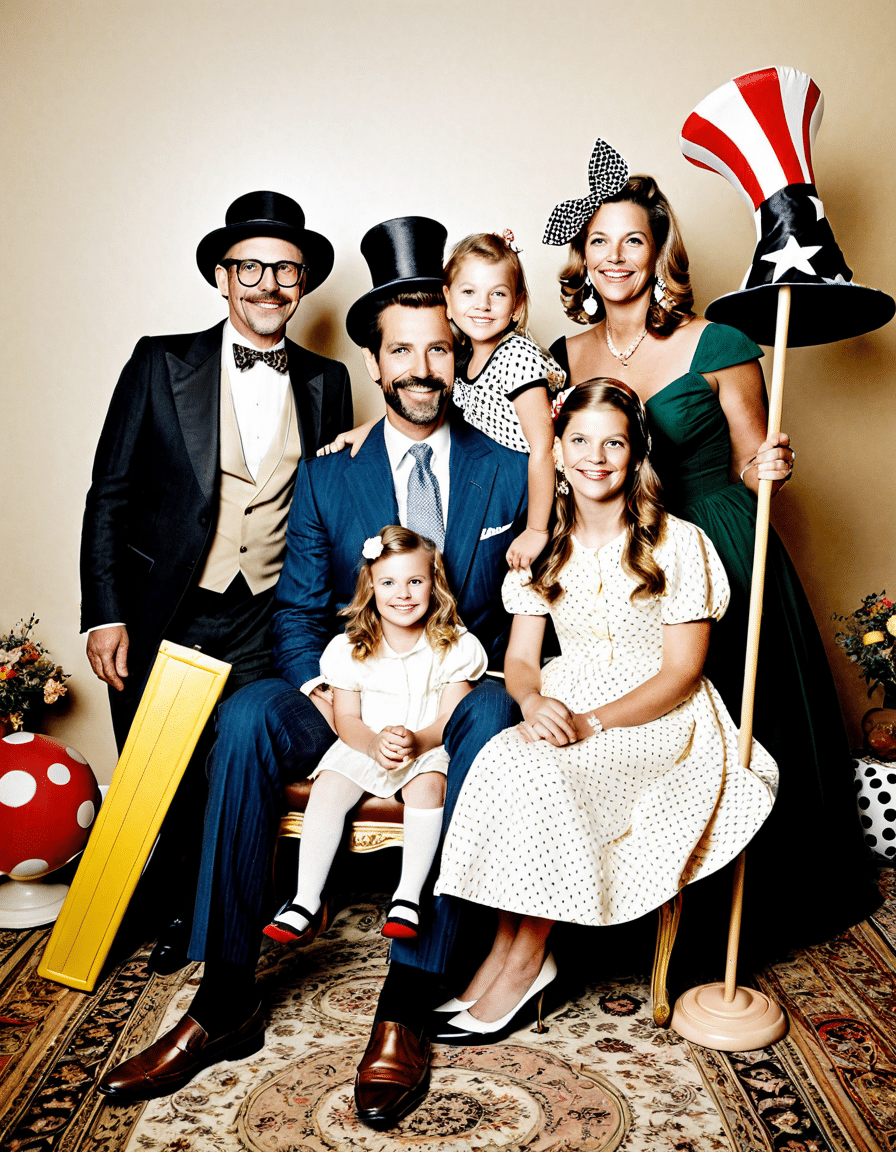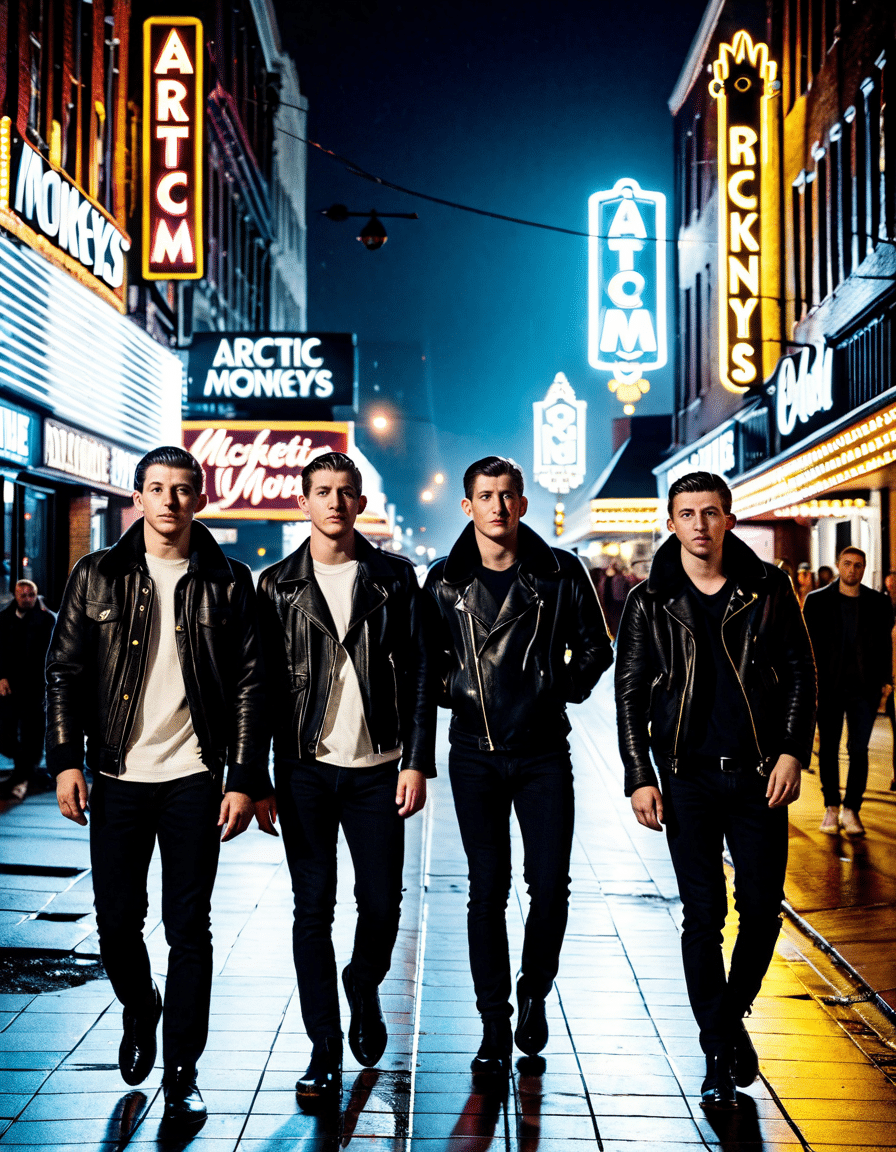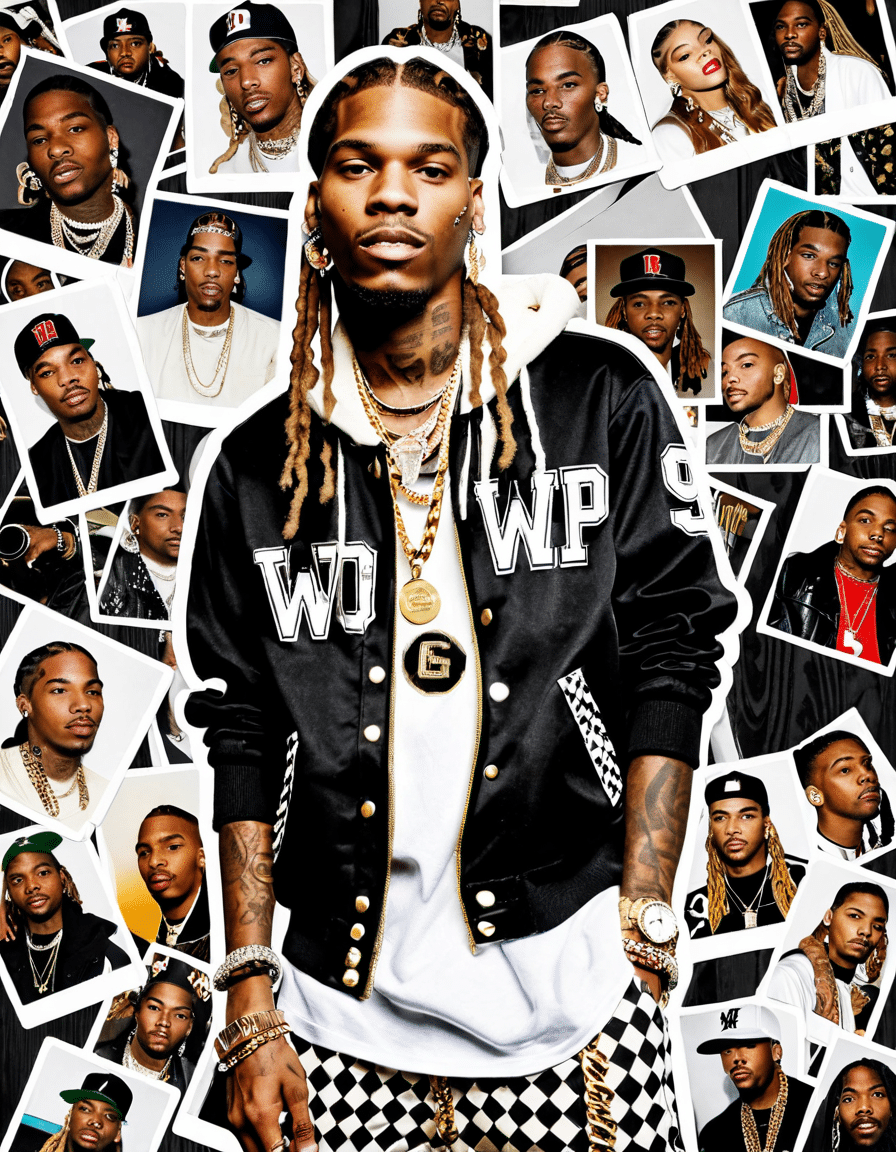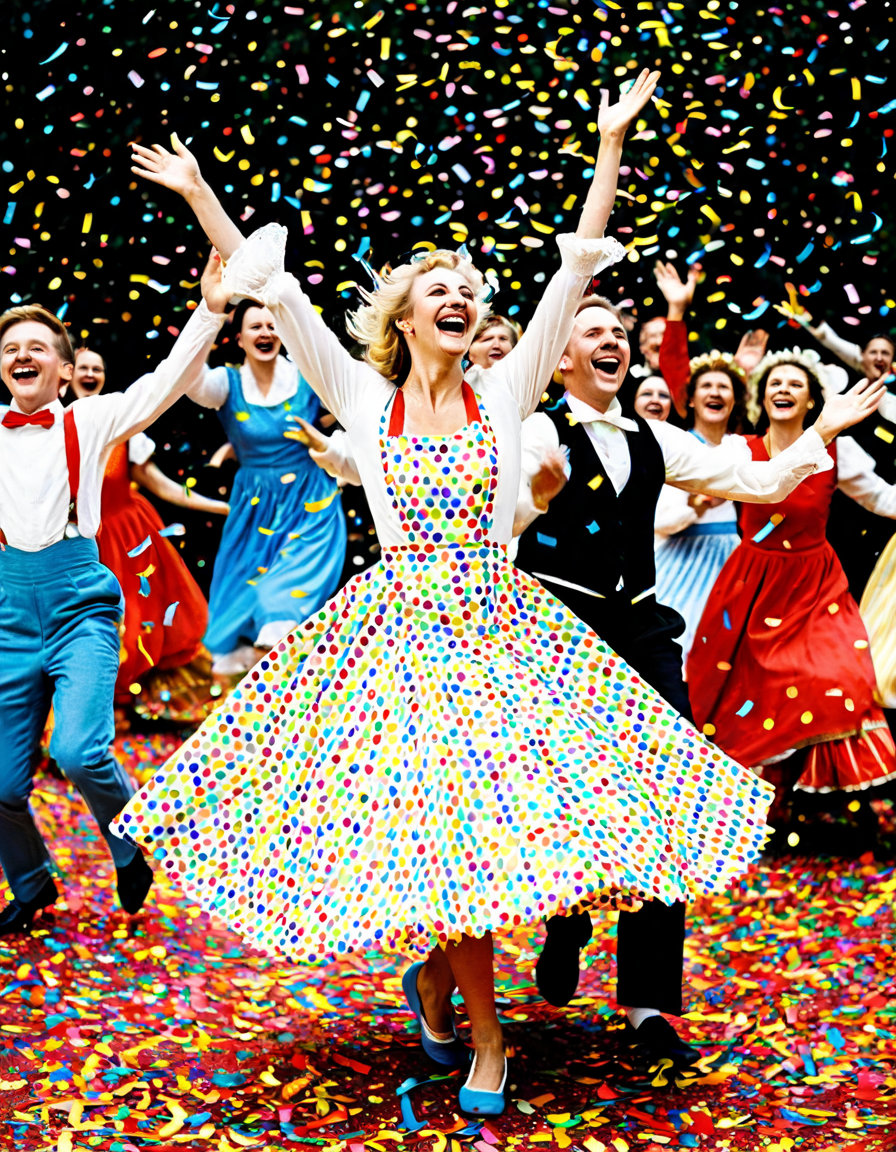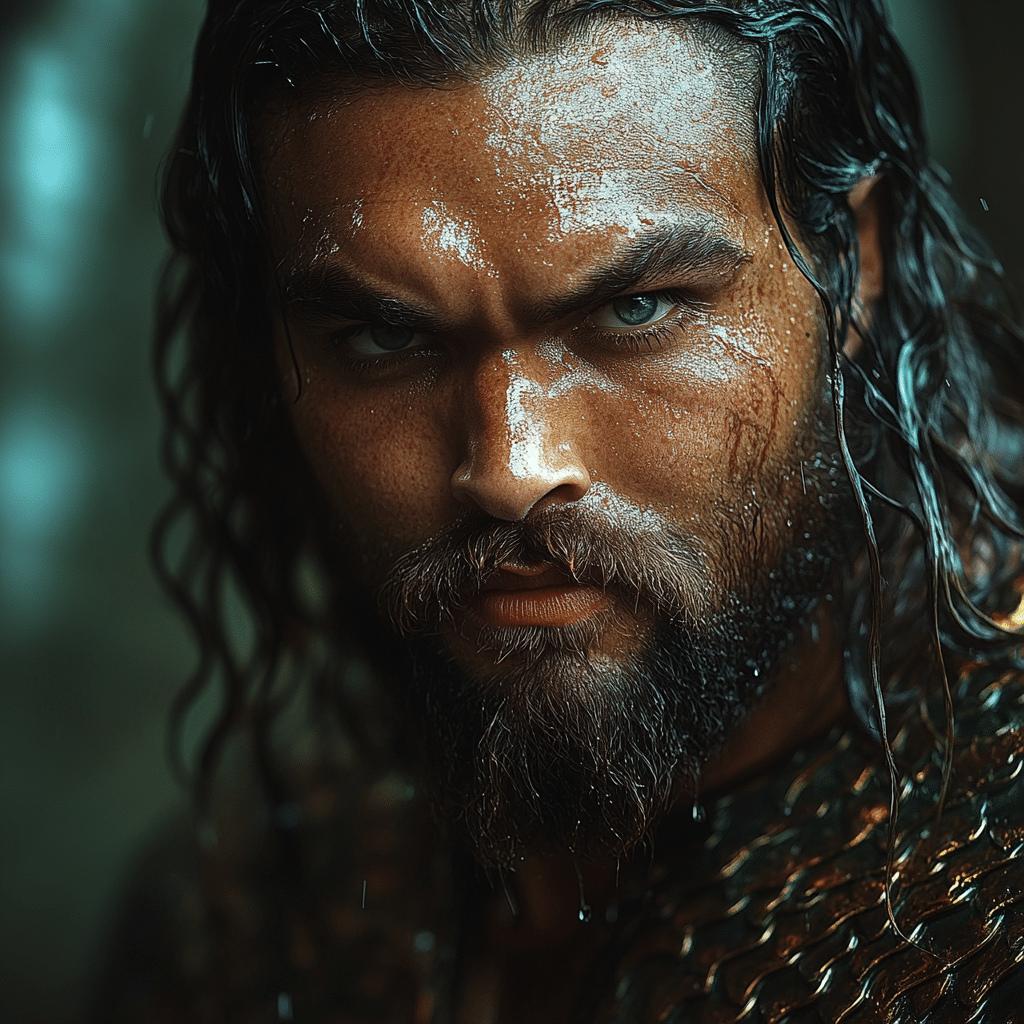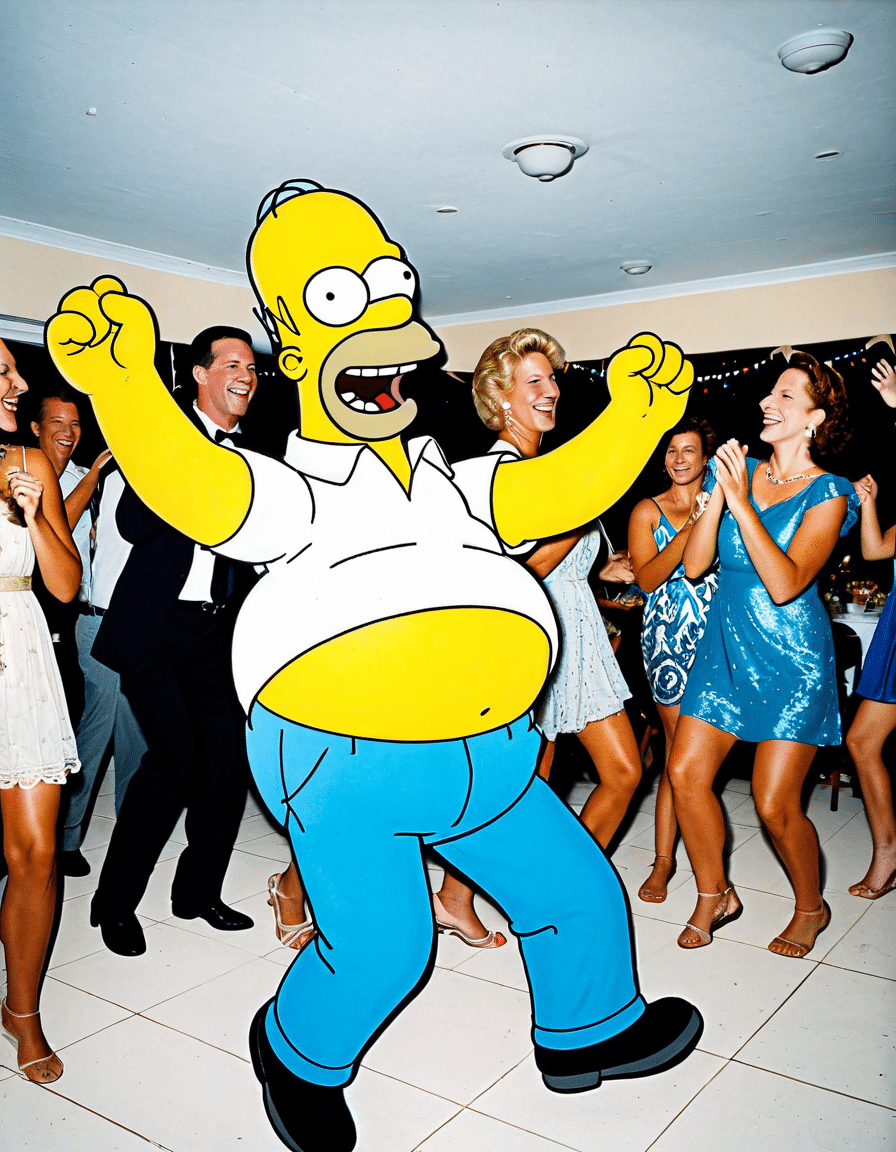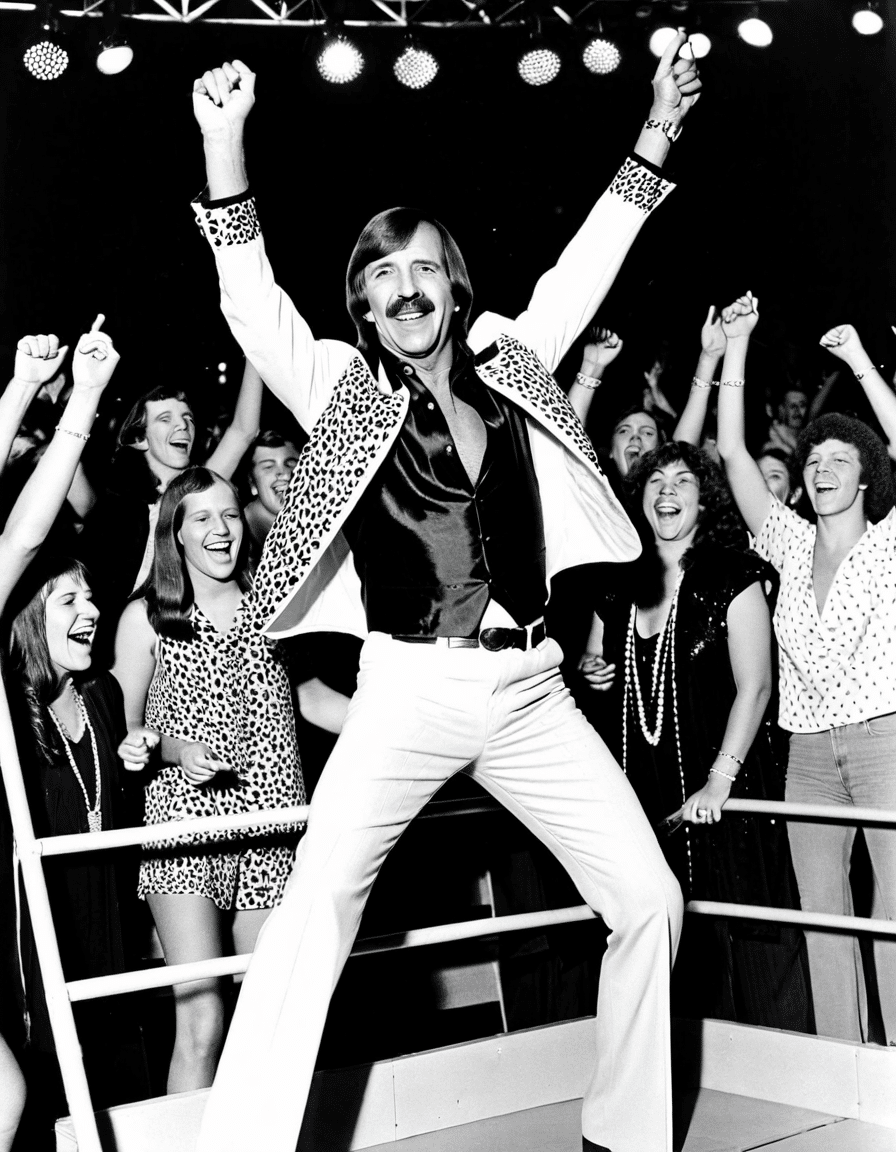Franz Kafka remains an iconic figure in the literary world, unmatched in his profound exploration of the human condition and societal themes. His writings continue to resonate today, revealing the complexities of existence, identity, and bureaucracy—topics that are as relevant in our current age as they were in the early 20th century. This article delves into the extraordinary life of Kafka, examining ten pivotal elements that have shaped his legacy and influenced countless writers, filmmakers, and artists across generations.
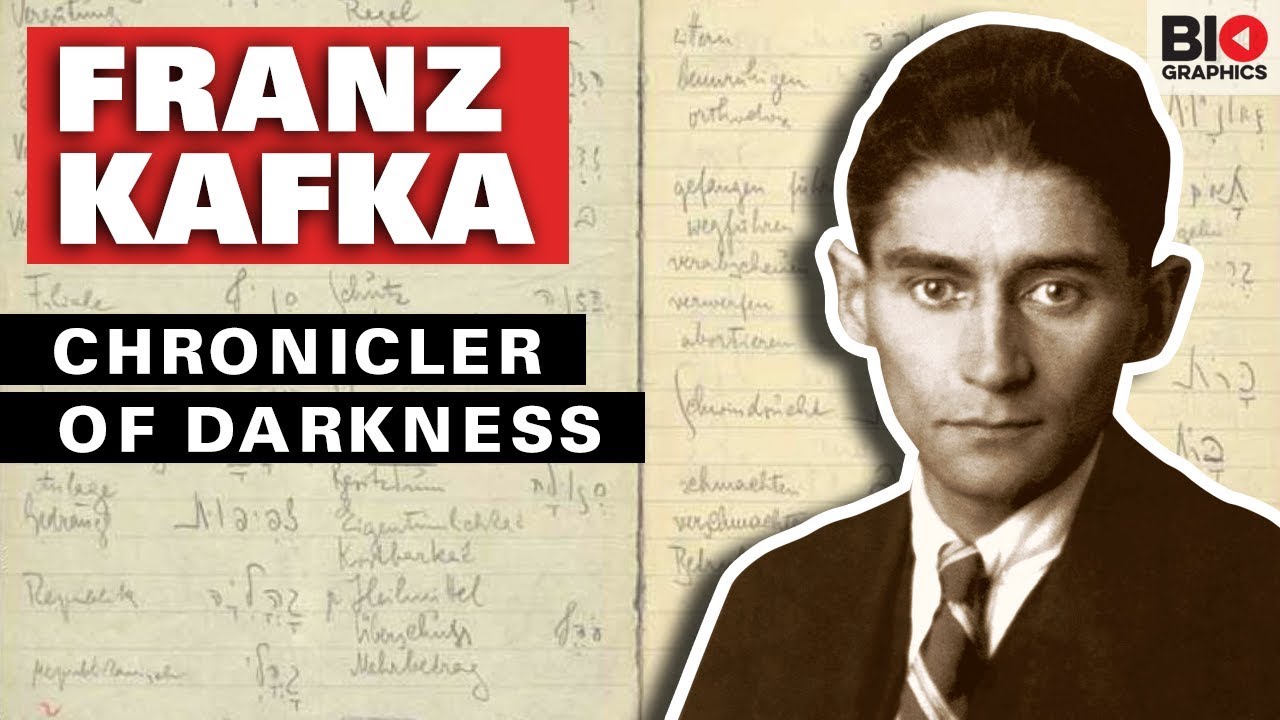
10 Influences on Franz Kafka’s Works that Shaped His Extraordinary Legacy
Kafka’s struggle with existentialism reflects in stories like The Metamorphosis and The Trial. He presents the absurdity of life and the isolation of the individual, showcasing a unique grasp of human fears that many still identify with today. Picture waking up as a giant insect, just like Gregor Samsa did—talk about an existential crisis! Kafka’s uncanny ability to tap into these feelings leaves readers pondering their own lives long after they’ve turned the last page.
Born into a Czech-Jewish family in Prague, Kafka’s experiences were deeply rooted in the socio-political turmoil of the Austro-Hungarian Empire. This vibrant and chaotic backdrop shaped many of his narratives, offering insights into the clash of identities, culture, and the bureaucratic nightmare of the times. Imagine navigating a society where your worth was tied to your identity; Kafka captures that struggle perfectly. It’s a reflection that’s relatable, especially in our time of cultural overlap.
The relationships Kafka cultivated, particularly with fellow writers like Max Brod, became crucial in his legacy. Brod’s decision to publish Kafka’s works posthumously, against Kafka’s wishes, played a pivotal role in establishing Kafka as a literary giant. Thanks to Brod, readers worldwide were introduced to Kafka’s genius, making him a household name. It’s ironic, though; Kafka wanted his works destroyed, yet here we are, celebrating them!
Kafka’s exploration of psychological themes digs deep into the subconscious. His reflections on anxiety and alienation are common to modern psychological discourse, making his work relevant in today’s discussions about mental health. In today’s fast-paced world, where mental well-being is more crucial than ever, Kafka’s focus on these issues is a breath of fresh air. His vivid portrayal of anxiety reminds us that we’re not alone in our struggles.
Kafka’s affinity with modern thinkers such as Sigmund Freud can be discerned in the themes of desire and repression found in his work, including The Hunger Artist. For those who enjoy sifting through deeper meanings, Kafka’s connections to Freud provide rich soil for analysis and debate among scholars and readers alike. The interplay of the conscious and subconscious in Kafka’s stories reveals layers of trauma and longing that resonate through the ages.
The film adaptations of Kafka’s works have brought his narratives to a broader audience. Actors like Henry Fonda embodied Kafkaesque qualities in cinematic interpretations, while Bridget Fonda’s work in films such as The Butcher’s Wife subtly channels Kafka’s themes of alienation and surreal experience. These adaptations help reshape his stories for the silver screen, making them more accessible and relatable. Think how deliciously awkward it would be to live out a Kafka novel—now that’s entertaining!
Kafka’s influence stretches into the world of music and modern pop culture. Artists like Gucci Mane reflect on the absurdities of fame and identity, evoking sentiments akin to Kafka’s narratives. Meanwhile, Dolly Parton—a true emblem of storytelling—explores personal and societal issues that resonate with Kafka’s ethos. In a sense, both artists capture the absurdity and isolation that echoes Kafka’s work, bridging literature and the contemporary music scene.
Filmmakers such as David Lynch and Lars von Trier employ Kafkaesque themes in their storytelling. Lynch’s surrealist style in Mulholland Drive echoes Kafka’s sense of distorted reality, while von Trier’s Dogville examines the darker sides of society, reminiscent of Kafka’s critiques. Both directors invite viewers into a dreamlike state where logic and reality blur—a feeling distinctly Kafkaesque. They push boundaries and force us to confront uncomfortable truths, much like Kafka did with his readers.
The artistic interpretations of Kafka’s themes have also crossed into musicals and theatrical productions. Liza Minnelli’s public persona as a complex character lends itself to Kafka’s exploration of identity, similarly navigating strained relationships and the quest for self. Just imagine Minnelli belting out a tune that reflects the absurdity of existence; it would surely resonate. These adaptations serve to highlight the continued relevance of Kafka’s voice in contemporary arts.
Kafka’s undeniable impact on the literary canon is pervasive. His works serve as foundational texts for many contemporary writers who grapple with themes of identity, the absurdity of existence, and societal norms. It’s no surprise that new authors still turn to Kafka for inspiration, trying to unravel the enigma he often left unresolved. Whether it’s a dystopian novel or a contemplative memoir, the shadows of Kafka loom large over modern literature.

Final Reflections on Kafka’s Resonance in 2026
As we navigate through a world increasingly confronted with existential crises, Kafka’s exploration of human complexities offers solace and understanding. His narratives invite both introspection and discourse, bridging generations and inviting new assessments in the context of our evolving societal landscape. From Fifty Shades freed to The , narratives reflect a Kafkaesque quality of absurdity and deep psychological inquiry. The resonance of Kafka’s work in the art and culture of today, from the psychological depths explored in film to the absurdity mirrored in modern music—as with Outkast—underscores his timeless relevance.
Franz Kafka, once a quiet observer of life’s intricacies, has become a defining voice that compels us to examine our realities, navigate absurdities, and ultimately seek understanding in an inscrutable world. So, the next time you feel cornered by existence or overwhelmed by the absurdity around you, remember: you’re not just being Kafkaesque; you’re joining a fantastic intellectual tradition. Embrace the chaos, because if there’s one thing Kafka teaches us, it’s that questioning the world is where the real story begins!
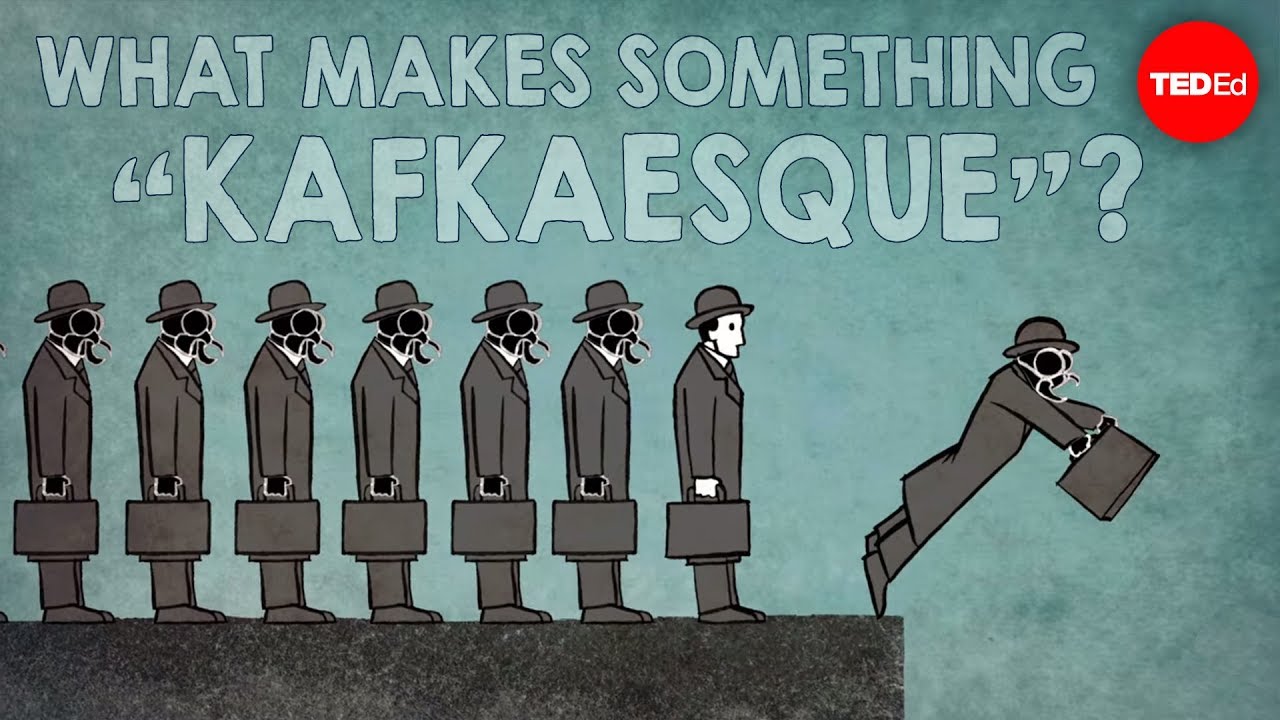
Franz Kafka: Fun Trivia and Interesting Facts
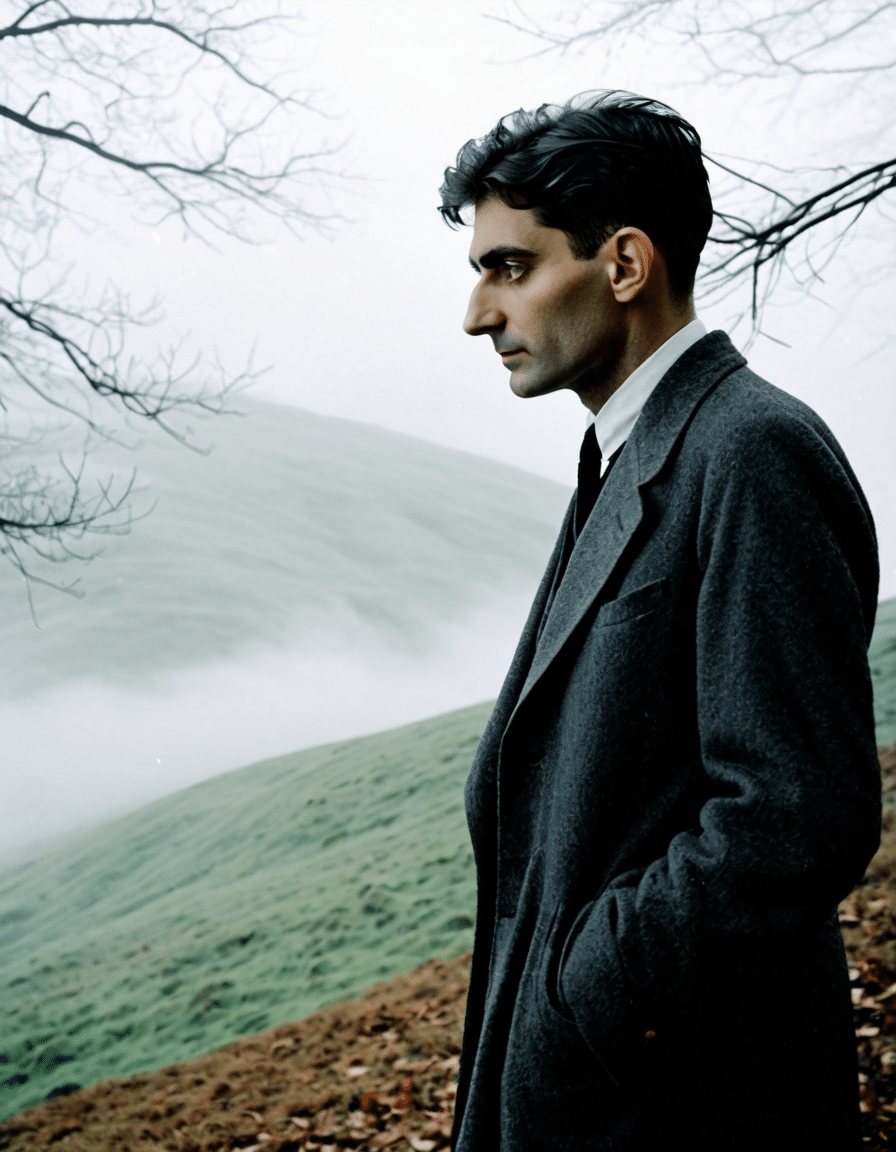
An Unconventional Genius
Franz Kafka, a name synonymous with existential literature, had interests that extended beyond the written word. Did you know he wrote a letter to his father in 1919? In it, he detailed his struggles with identity, fear, and the weight of expectations. This personal peek into his psyche is as profound as the themes in his works, much like how characters in shows such as “The Walking Dead” tackle existential dilemmas in a post-apocalyptic setting—just think of Glenn’s journey. Kafka’s life wasn’t mainstream. He famously led a dual existence as an insurance clerk while penning his groundbreaking literature, striving to find meaning in a bureaucratic world.
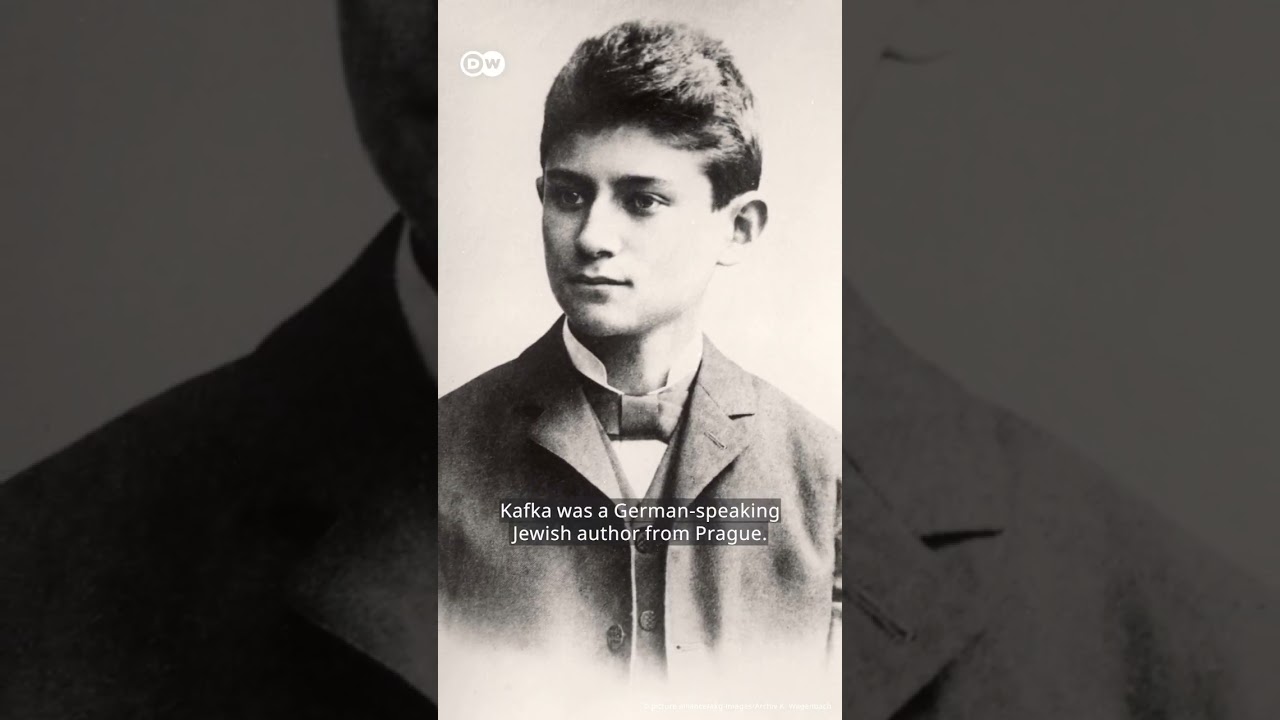
Artistic Connections
Kafka’s influence can be seen everywhere, including modern art and cinema. His reflection on the absurdity of life resonates with contemporary creators. For instance, actors in the Cast Of Here 2025 Film might draw inspiration from his narratives, shaping their portrayals through the lens of existential thought. Surprisingly, even concepts like Microdosing Mushrooms often spark discussions about creativity and perception, topics that Kafka might have explored had he lived in today’s society. His writings have created pathways for countless interpretations, encouraging artists to take bold risks.
Personal Life Curiosities
On a more personal note, Kafka had a keen appreciation for the arts, often attending performances and engaging with other writers. This passion reflects in his correspondence with friends, revealing layers of his personality, much like how Spencer Lists performances can reveal hidden depths. Interestingly, Kafka once had a brief romantic connection with a woman named Felice Bauer, often critiqued as a challenging relationship that mirrored the struggles in his stories. While we may remember literary figures like Matt Dillon for their iconic roles, Kafka remains a luminary whose words continue to challenge and inspire, questioning the very fabric of our existence.
Enduring Legacy
Today, Kafka’s influence extends far beyond literature; it’s woven into modern discussions about mental health and societal norms. His struggles have created a fascinating dialogue on how we manage our own realities, akin to the themes explored in various media, including the impressive acting of Pom Klementieff. In his relatively short life, Kafka penned masterpieces that remain theatrical in their existential themes, holding a mirror to society, much like a skillfully crafted tailor fitting clothes to the nuances of human experience.
